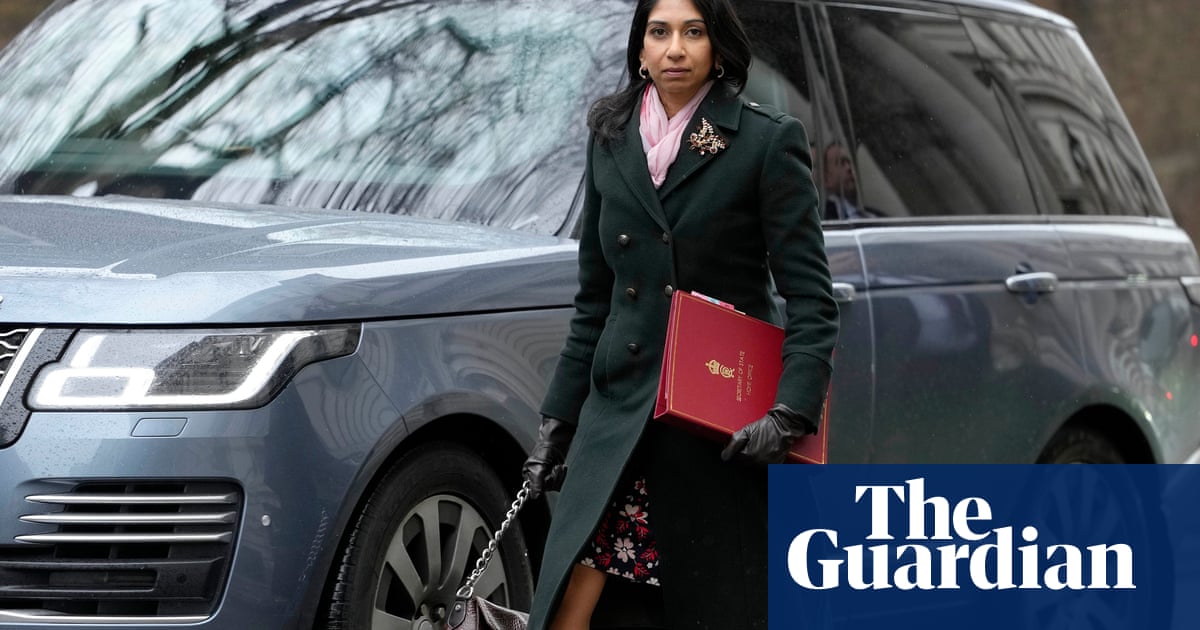
Thousands took to the streets of Hong Kong again on Saturday to demonstrate for democracy. This particular protest marked five years since Beijing ruled out fully democratic elections in the territory. A planned march was cancelled after the police arrested seven activists, including high-profile former student leader Joshua Wong and three politicians. Nevertheless, Hong Kongers of all ages and different walks of life took to the streets. The police deployed helicopters, water cannon, pepper spay and tear gas around the government district and the legislature.
The new protests have gone on for 13 weeks, sometimes peaceful and at other times turning violent, and 900 people have been arrested. They began when hundreds of thousands marched against a proposed new law on extradition to the People’s Republic. Dissent was unusually widespread, and extended well beyond the usual pro-democracy advocates; many in the business community took issue with giving Beijing the power to intervene in their activities by arbitrarily extraditing Hong Kong citizens.
As time went on, demonstrators became more vociferous and even demanded the resignation of Hong Kong’s chief executive Carrie Lam, who was selected by a 1,200-member committee and rules by the grace of Beijing. She may have waited too long to apologize for mishandling the situation and to shelve the extradition law; by that time anything short of retracting the law permanently was too little. Beijing would not allow that, neither would they accept Lam’s resignation.
The current demonstrations differ materially from the 2014 umbrella movement, in which Joshua Wong was a key figure and for which he was sentenced to six months’ imprisonment in 2017. Then it was mainly students who were concerned about their democratic future. Now all ages, professions and people from different social classes fear their civil liberties and the special status of Hong Kong are being undermined by Beijing.
Hong Kong is a special Chinese territory with its own mini constitution, the Basic Law. In 1984 the UK and China signed the Joint Declaration, whereby the former British colony was handed back to Beijing in 1997. However, the agreement also guarantees Hong Kong a high degree of autonomy except for foreign policy and defense, and safeguards its capitalist system and way of life for 50 years after the handover, until 2047. That arrangement is known as “one country, two systems.” Hong Kongers say the accord is being eroded by Beijing. They value their civil liberties, identify more with Hong Kong than with mainland China, and fear what will happen after 2047.
If anything, the recent high-profile arrests have strengthened the resolve of citizens, who do not want their civil liberties curtailed.
Cornelia Meyer
The big question is how long China will watch without intervention. Troops have been moved to the border. New Chinese police have been moved into the territory, although Beijing asserts that this is part of a scheduled rotation. Lam has threatened to invoke a draconian emergency law if the situation did not calm down. Beijing wants a conclusion before Oct, 1, when the People’s Republic of China will celebrate its 70thanniversary and does not want any embarrassing scenes on the international airwaves. Chinese state media broadcast only the pictures of violence, not the peaceful demonstrations. This has a big impact on how Chinese citizens view the protests. State media, however, have no say on what international outlets report from Hong Kong. Protracted protests in the run up to the celebrations on Oct. 1 could prove embarrassing for Beijing.
The main reason Beijing has been so tolerant until now is that “one country, two systems” has served its economic strategy well. The Hong Kong stock exchange and the vibrant business environment of the territory, with its international links, were an important part of China’s economic ascent. Now that it boasts the world’s second-largest economy, it needs Hong Kong less.
Indeed, the protests have been bad for business. Tourism is down and the shopping district, a temple to luxury goods — Swiss watchmakers sell 10 percent of their products there — has been intermittently closed.
The protests seem not to abate. If anything, the recent high-profile arrests have strengthened the resolve of citizens, who do not want their civil liberties curtailed. This is a classic case where a framework built on civil liberties clashes with an authoritarian regime. What mainland China and Hong Kong have in common is an ultimate goal of economic success. If developments in Hong Kong undermine the territory’s attractiveness for business, they undermine the raison d’etre for a second system inside one country. In that case, Hong Kong may well lose its usefulness to China.












